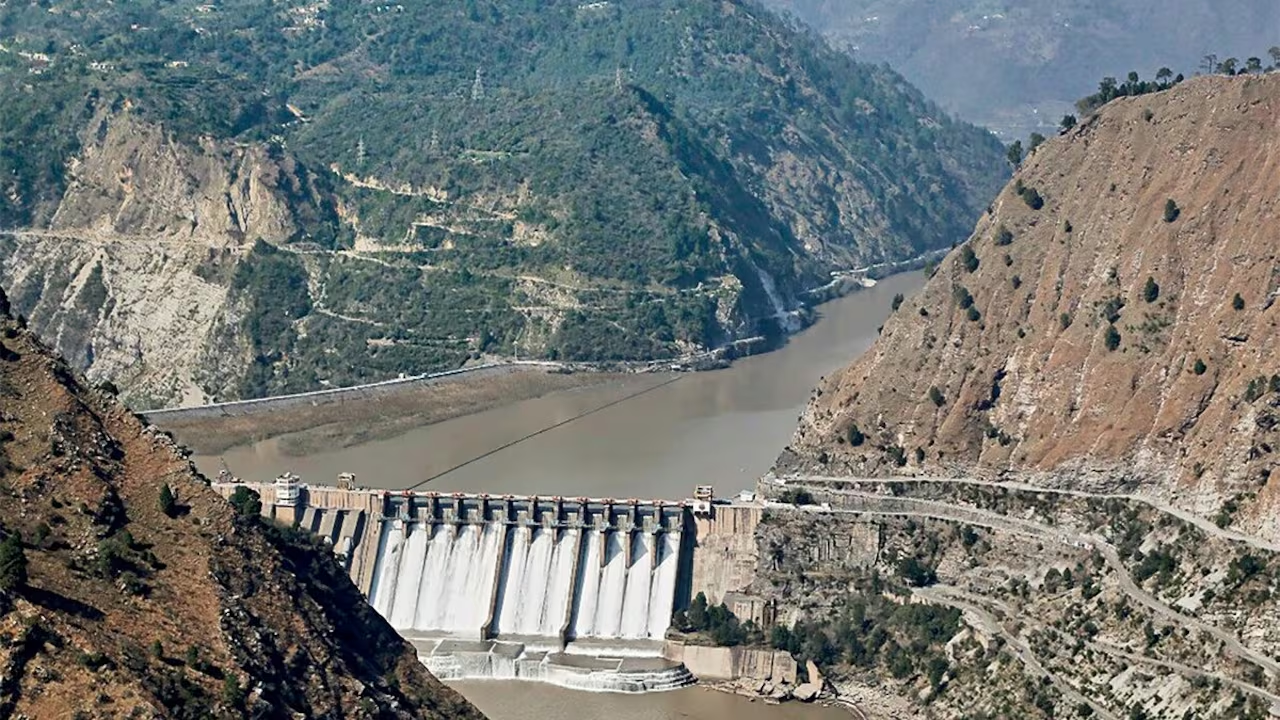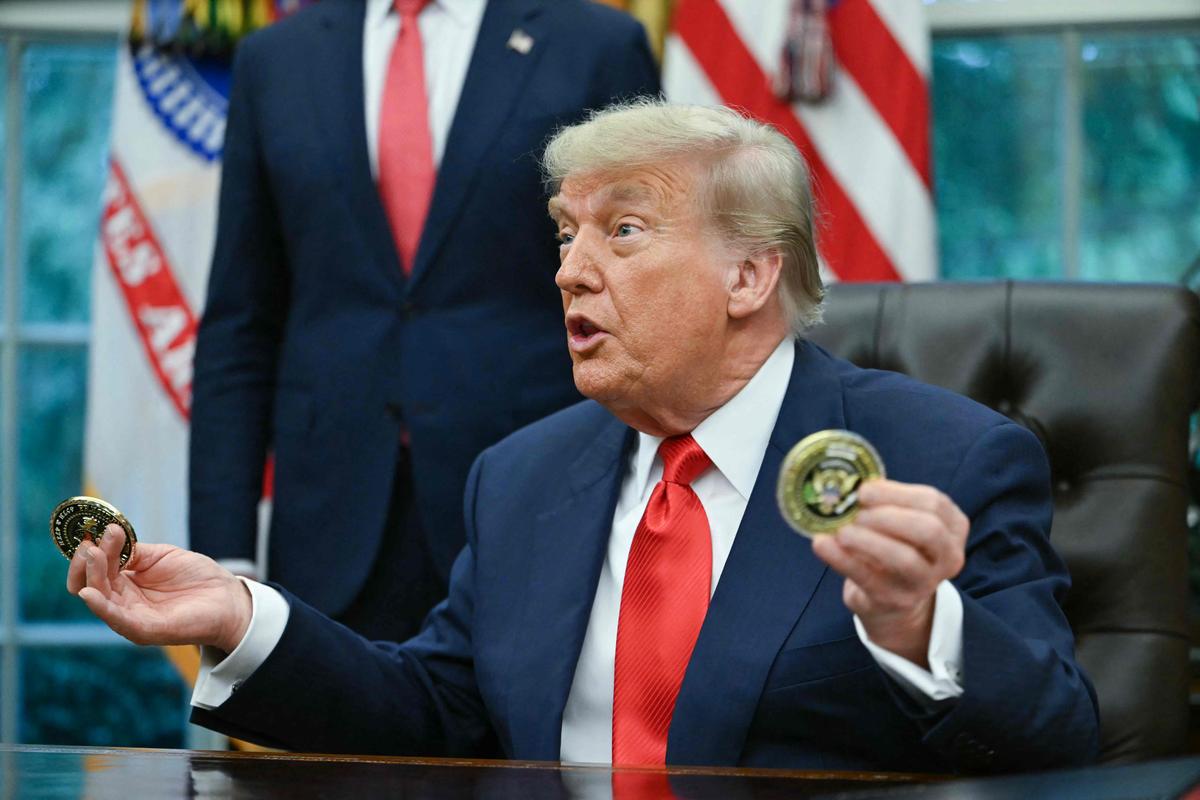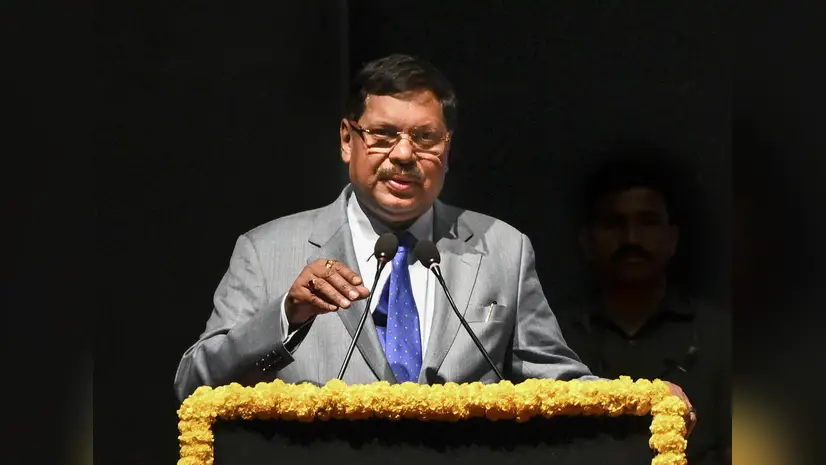- Courses
- GS Full Course 1 Year
- GS Full Course 2 Year
- GS Full Course 3 Year
- GS Full Course Till Selection
- Answer Alpha: Mains 2025 Mentorship
- MEP (Mains Enrichment Programme) Data, Facts
- Essay Target – 150+ Marks
- Online Program
- GS Recorded Course
- Polity
- Geography
- Economy
- Ancient, Medieval and Art & Culture AMAC
- Modern India, Post Independence & World History
- Environment
- Governance
- Science & Technology
- International Relations and Internal Security
- Disaster Management
- Ethics
- NCERT Current Affairs
- Indian Society and Social Issue
- NCERT- Science and Technology
- NCERT - Geography
- NCERT - Ancient History
- NCERT- World History
- NCERT Modern History
- CSAT
- 5 LAYERED ARJUNA Mentorship
- Public Administration Optional
- ABOUT US
- OUR TOPPERS
- TEST SERIES
- FREE STUDY MATERIAL
- VIDEOS
- CONTACT US
Right to Access to Justice Not Absolute - Supreme Court (SC)
Right to Access to Justice Not Absolute - Supreme Court (SC)
06-02-2025
Recent Context
- Recently, in January 2025, the Supreme Court imposed a penalty of Rs. 1 Lakh on a litigant filing repetitive and frivolous litigations.
- The case was titled Pandurang Vithal Kevne vs Bharat Sanchar Nigam Limited.
- In the case, the court dismissed a Special Leave Petition (SLP) filed by the petitioner (an ex-employee) against Bharat Sanchar Nigam Limited (BSNL) challenging his dismissal Order.
- The court highlighted that the case was an example of the blatant misuse and abuse of the judicial process, leading to burdening of the judiciary.
- It thus held that the right to access justice is not absolute and must be exercised responsibly.
What is a Special Leave Petition?
- The Special Leave Petition is granted by the Supreme Court under Article 136 of the Constitution.
- It can be given in appeal against the order or judgment of any court or tribunal in India, when any substantial question of law is involved, or gross injustice has been done.
- It is a discretionary power of the Supreme Court.
- Time Limit to file:
- Within 90 days of the High Court judgment.
- Within 60 days against the order of the High Court refusing to grant the certificate of fitness for appeal to SC.
What is the ‘Right to Access to Justice’?
- It is the right of individuals to seek legal remedies and obtain fair and effective resolution of disputes through a judicial process.
- In Anita Khushwa v. Pushpa Sadan (2016), the Supreme Court held that ‘access to justice’ is a fundamental right under,
- Article 14: The Right to Equality which includes Equality before the law and Equal protection of the law.
- Article 21: The Right to Life and Personal Liberty
- The Court identified four facets of ‘access to justice’:
- Effective adjudicatory mechanisms must be provided by the state
- Reasonable accessibility of such mechanisms
- Speedy adjudication process
- Affordable adjudicatory processes
- The Court also pointed out that justice delayed is ‘justice denied’ as delays hinder the proper access of justice.
- Any person whose fundamental right to access justice is denied can approach the Court for redressal under Article 32 of the constitution (Right to Constitutional Remedies).
- However, in the recent judgement, the Court pointed out that repetitive and meritless pleas pollute the stream of justice by putting hurdles in its dispensation to others.
- Thus, right to access justice is not absolute.
What are the other provisions related to ‘access to justice’?
- Article 39A of the Constitution: Directs the state to ensure equal justice and free legal aid for the poor and marginalized.
- Legal Services Authorities Act, 1987:
- Establishes NALSA (National Legal Services Authority), SLSAs (State Legal Services Authorities), and DLSAs (District Legal Services Authorities) to provide free legal aid.
- Covers marginalized groups such as women, SC/ST communities, and economically weaker sections.
- Public Interest Litigation (PIL):
- PIL allows individuals and organizations to file cases in the interest of the public, especially for marginalized and underprivileged sections of society.
- It thus removes the barrier of locus standi (only people with a direct connection to a legal issue can participate in the legal process).
- Alternative Dispute Redressal (ADR): It involves resolving disputes, grievances, or complaints without going through the formal court system. The methods include Lok Adalat, Arbitration, Mediation, Conciliation and Negotiation.
- Judicial Interpretations
- Swapnil Tripathi v Supreme Court of India (2018): The SC held that live streaming of court proceedings is part of the right to access justice.
- Hussainara Khatoon v. State of Bihar (1979): The SC recognized the right to speedy trial as part of Article 21.
What are frivolous litigations?
- Frivolous litigation refers to legal proceedings that do not have merit or reasonable chance of success and lack a substantial basis in law or fact.
- They are often filed with the intention to harass or annoy the opposing party.
- In Subrata Roy Sahara vs Union of India & Ors (2014), the Supreme Court held that the Indian judicial system was grossly afflicted with frivolous litigations.
What are the other issues surrounding ‘access to justice’?
- Judicial Pendency: According to PRS Legislative Research, there are around 4.5 crore pending cases in India.
- Infrastructural Gaps: There are issues like limited courts in rural areas, lack of basic amenities in courts and poor digital infrastructure.
- High Cost of Litigation: The legal fees and court expenses are high in India. Moreover, delays further increase costs.
- Lack of awareness: Several marginalized sections are aware about the free legal aid under Legal Services Authorities Act, 1987.
What is the way forward for improving access to justice?
- Limiting frivolous litigations
- Impose heavier Costs on frivolous cases as done in cases like Subrata Roy Sahara v. Union of India (2014).
- Malicious prosecution for frivolous lawsuits as done in various jurisdictions such as the US.
- Pre-Screening of Cases: There must be evaluation of cases before litigation.
- Reducing Pendency & Delays:
- Expansion of fast-track courts for crimes against women, children, and corruption cases.
- Introducing statutory time limits for civil and criminal case resolution
- Improvement of Judicial Infrastructure:
- Improvement of courtrooms, digital filing systems, and accessibility for disabled persons. For instance, through National Judicial Infrastructure Authority of India (NJIAI).
- Use of Technology: Such as use of Online Dispute Resolution (ODR), expansion of e-Courts project ensuring online filing and virtual hearings.
- Improving legal literacy: Through legal education in schools and community based legal awareness programs.
Conclusion
Thus, while the right to access justice is a fundamental right and a cornerstone of democracy, it must not be misused. Strict measures to prevent frivolous litigations are crucial for the proper dispensation of justice. Moreover, to improve access to justice there is a need to enhance judicial efficiency, increase integration of technology and improve legal awareness. This can ensure that the ideal of justice as enshrined in the Preamble is achieved.
|
Also Read |
|




